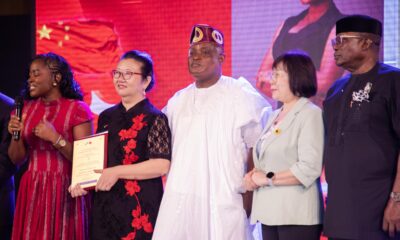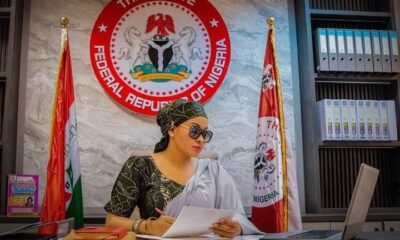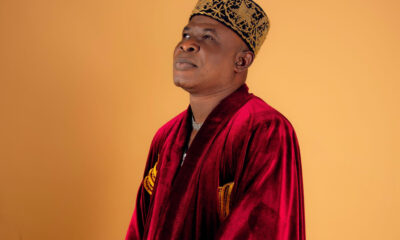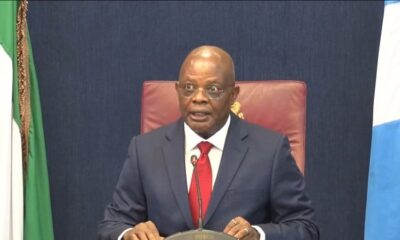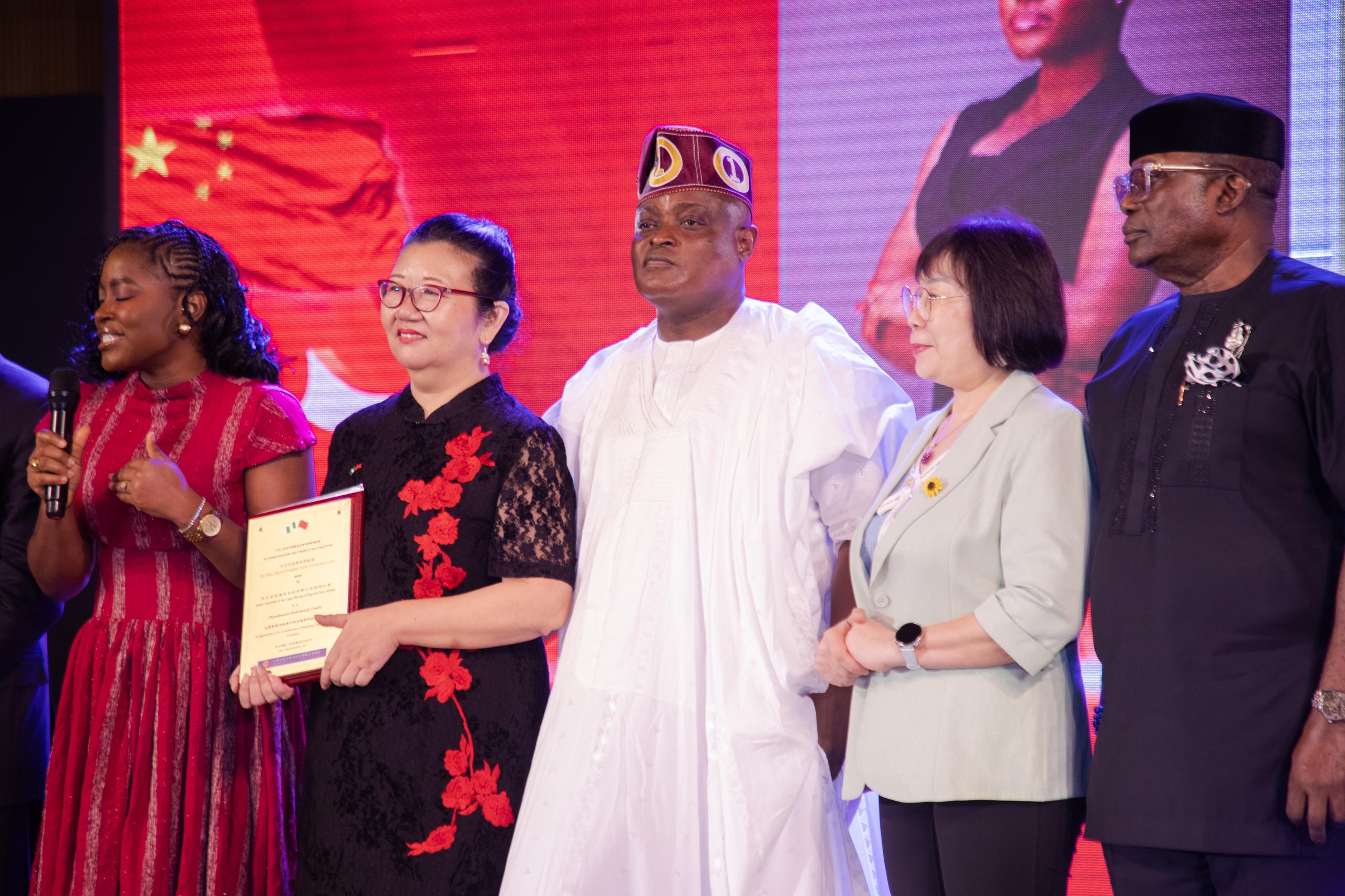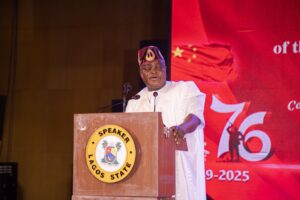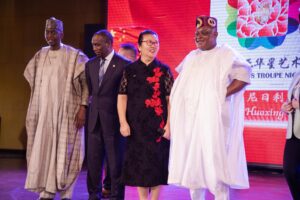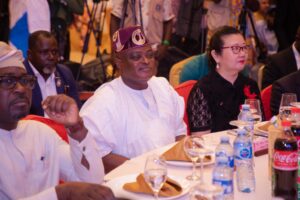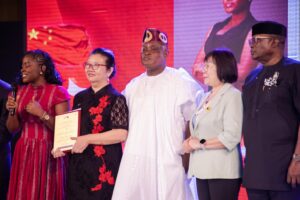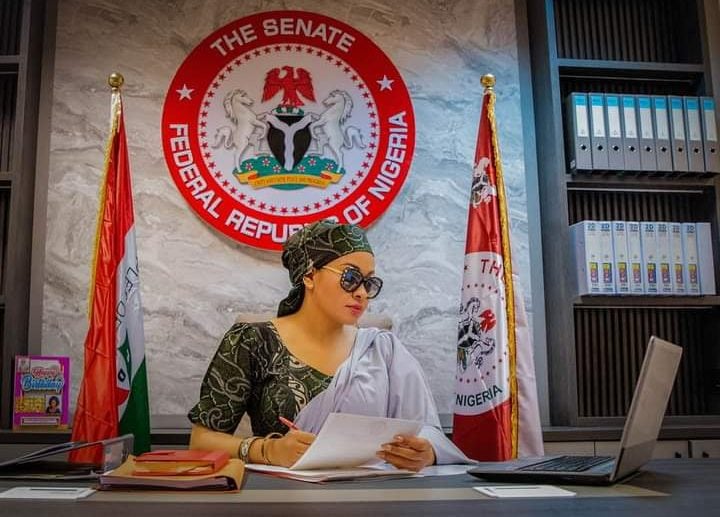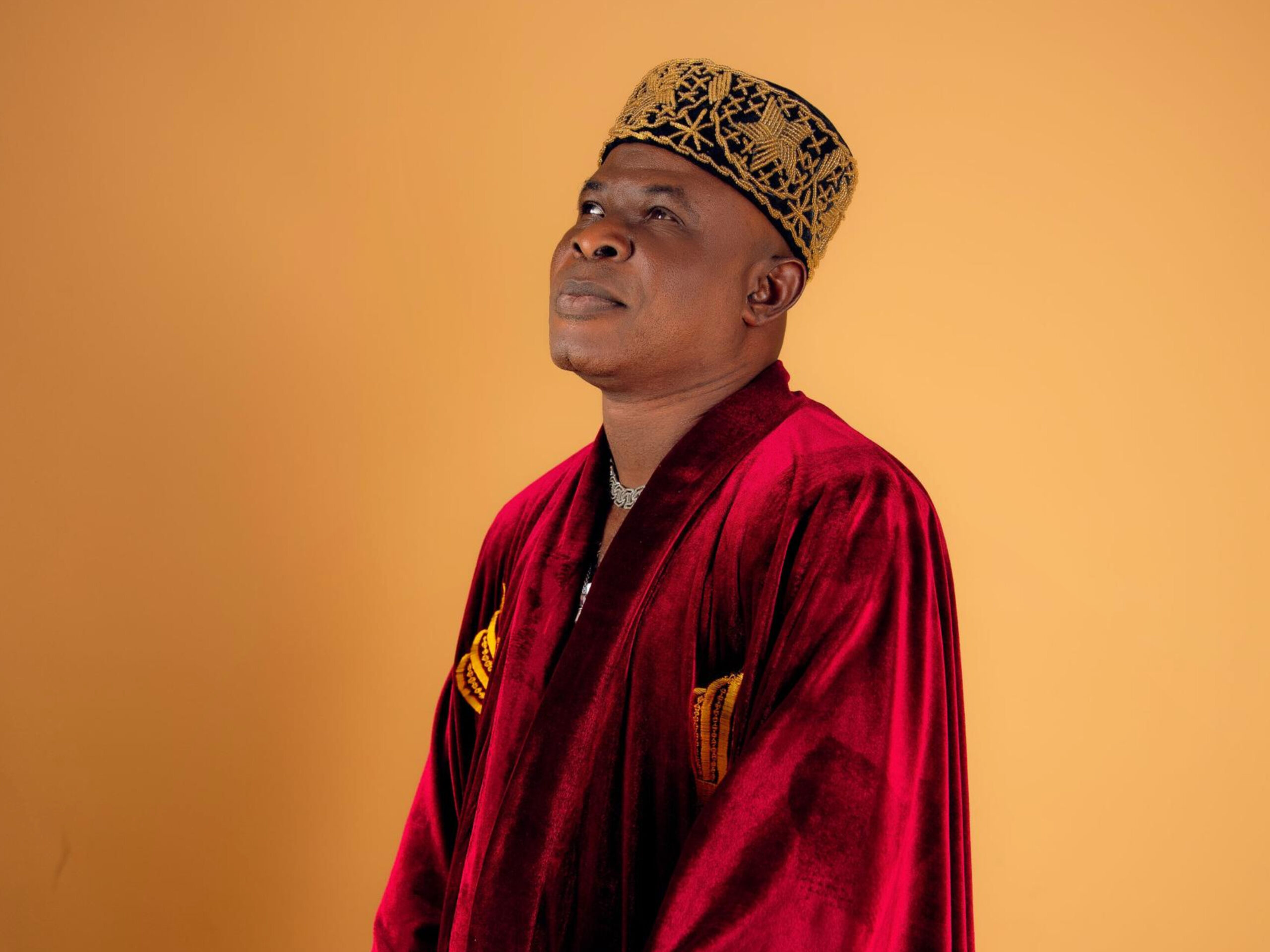The Department of State Services has dragged a former presidential candidate, Prof. Pat Utomi, before the Federal High Court in Abuja over his recent formation of a shadow government.
In the suit marked FHC/ABJ/CS/937/2025, the DSS named Utomi, the 2007 presidential candidate of the African Democratic Congress, as the sole defendant, accusing him of attempting to unlawfully usurp the executive powers of President Bola Tinubu.
Utomi had recently unveiled a 39-man shadow government, saying it was necessitated by the alleged poor handling of governance by President Tinubu-led Federal Government.
While the Federal Government and the ruling All Progressives Congress condemned the move, Utomi insisted that he acted within his constitutional right.
However, in a suit filed through its lawyer, Akinlolu Kehinde (SAN), the DSS described Utomi’s shadow government illegal and an attempt to instigate public disaffection against President Tinubu.
According to the DSS, Utomi’s shadow government or cabinet, being amounts to operating as an alternative government, contrary to the provisions of the 1999 Constitution of the Federal Republic of Nigeria.
The DSS contends that Utomi, through public statements, social media, and other platforms, announced the creation of the shadow government to challenge the legitimacy of the democratically elected government of President Bola Tinubu.
According to the DSS, during the inauguration of the ‘shadow cabinet’, Utomi reportedly stated that it includes the Ombudsman and Good Governance portfolio to be led by Dele Farotimi; a Policy Delivery Unit team comprising Oghene Momoh, Cheta Nwanze, Daniel Ikuonobe, Halima Ahmed, David Okonkwo, and Obi Ajuga; as well as a Council of Economic Advisers.
The DSS stated: “Based on the intelligence gathered by the plaintiff, the activities and statements made by the defendant and his associates are capable of misleading segments of the Nigerian public, weakening confidence in the legitimacy of the elected government, and fuelling public disaffection.”
It added that the shadow government, if left unchecked, could destabilise the country, incite political unrest, and threaten national security by creating chaos.
The agency claimed that such a structure could stoke inter-group tensions and embolden unlawful actors or separatist movements to form similar parallel arrangements, posing a significant threat to national security.
“The plaintiff, in the discharge of its statutory duties, has gathered intelligence confirming that the defendant’s actions pose a clear and present danger to Nigeria’s constitutional democracy.
“The defendant’s actions amount to an attempt to usurp or mimic executive authority, contrary to Sections 1(1), 1(2), and 14(2)(a) of the 1999 Constitution (as amended), which exclusively vests governance in institutions duly created under the Constitution and through democratic elections.
“The Federal Government of Nigeria has made several efforts to engage the defendant to dissuade him from this unconstitutional path, including statements made by the Minister of Information, but the defendant has remained defiant.
“It is in the interest of justice, national security, and the rule of law for this honourable court to declare the existence and operations of the defendant unconstitutional and illegal,” the DSS submitted.
The service further described Utomi’s shadow government as not only an aberration but also a grave attack on the Nigerian Constitution and a threat to the democratically elected government.
Among its requests, the DSS asked the court to declare the purported “shadow government” or “shadow cabinet” as unconstitutional, arguing that it constitutes an attempt to establish a parallel authority not recognized by the 1999 Constitution.
The DSS also prayed the court to affirm that, under sections 1(1), 1(2), and 14(2)(a) of the constitution, the creation or operation of any governmental authority or structure outside constitutional provisions is unconstitutional, null, and void.
Additionally, it sought “an order of perpetual injunction restraining the defendant, his agents, and associates from taking any steps towards establishing or operating a ‘shadow government,’ ‘shadow cabinet,’ or any similar entity not recognised by the Constitution.”
In support of its suit, the DSS highlighted Section 1(1) of the 1999 Constitution (as amended), which establishes the Constitution’s supremacy and binding authority over all persons and institutions in Nigeria.
It also cited Section 1(2), which prohibits governance outside constitutional provisions, and Section 14(2)(a), which affirms that sovereignty belongs to the people.
The agency argued that Utomi’s initiative lacks any legal legitimacy and violates multiple constitutional provisions.
In an affidavit attached to the suit, the DSS identified itself as Nigeria’s principal domestic intelligence and security agency, statutorily mandated to detect and prevent internal security threats, including subversive activities that could undermine national unity and order.
It stressed its duty to safeguard the nation by preventing threats to the lawful authority of the Federal Republic of Nigeria and its institutions.
The DSS reiterated that Utomi had publicly announced the formation of a shadow government comprising individuals assigned to various ministerial roles.
The court has yet to fix a date for the hearing.

 BIG STORY2 days ago
BIG STORY2 days ago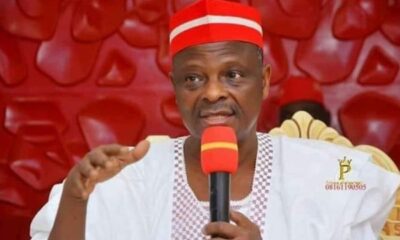
 BIG STORY3 days ago
BIG STORY3 days ago
 BIG STORY4 days ago
BIG STORY4 days ago
 BIG STORY4 days ago
BIG STORY4 days ago
 BIG STORY4 days ago
BIG STORY4 days ago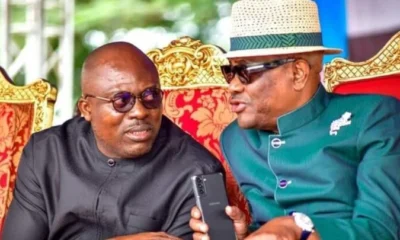
 BIG STORY4 days ago
BIG STORY4 days ago
 BIG STORY5 days ago
BIG STORY5 days ago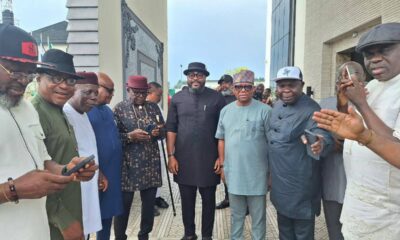
 BIG STORY4 days ago
BIG STORY4 days ago







